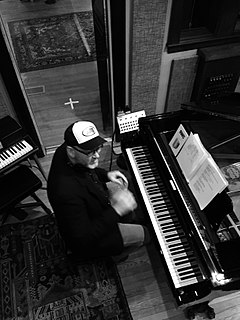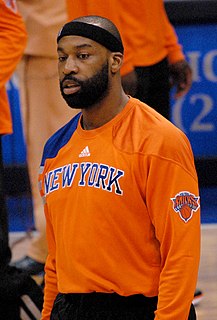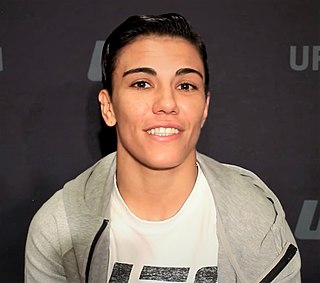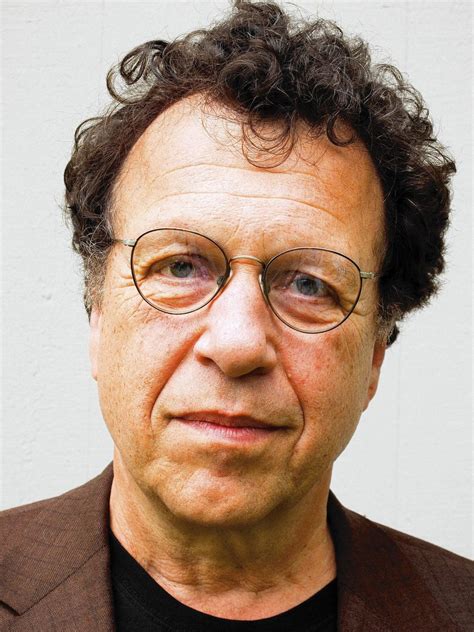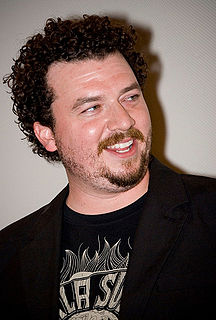A Quote by Eric Bachmann
I don't really need to appeal to some stockbroker, and I always sort of root for the underdog. I probably consider all that when I'm writing, but it's not in the forefront of my brain.
Related Quotes
I'm not the underdog, but - Well actually, I guess I've been the underdog. To me, it always felt like I was talking to "the big guy," you know, the big guy in the government, and trying to tell him about some things he didn't seem to be aware of. I just think that's a pretty arrogant group of liars we've got up there, and they don't really consider the abilities of their opponents.
I think I have always sort of cultivated a flowery writing style. I've always sort of over - written in every genre that I've attempted. I went to college and took a couple of writing classes and I remember my teachers were always incredibly encouraging. But it was inevitable to get the criticism: "Take it down a notch!" But the nice thing about screenwriting is that you don't really have to.
I always thought that Seth [Rogen] was a fun, caustic, bombastic, sweet, underdog-type of person that I would root for the way you used to root for Bill Murray or John Candy in "Stripes." Seth had something that very few people you encounter have: he had a writer's mind and he had his own comic point of view.
I went to film school so I have a writing and directing background, and I think a lot of the material I'm interested in writing and getting out there is stories about anti-heroes and people you should just not ordinarily root for - trying to figure out a way of appealing to people they wouldn't normally appeal to.
